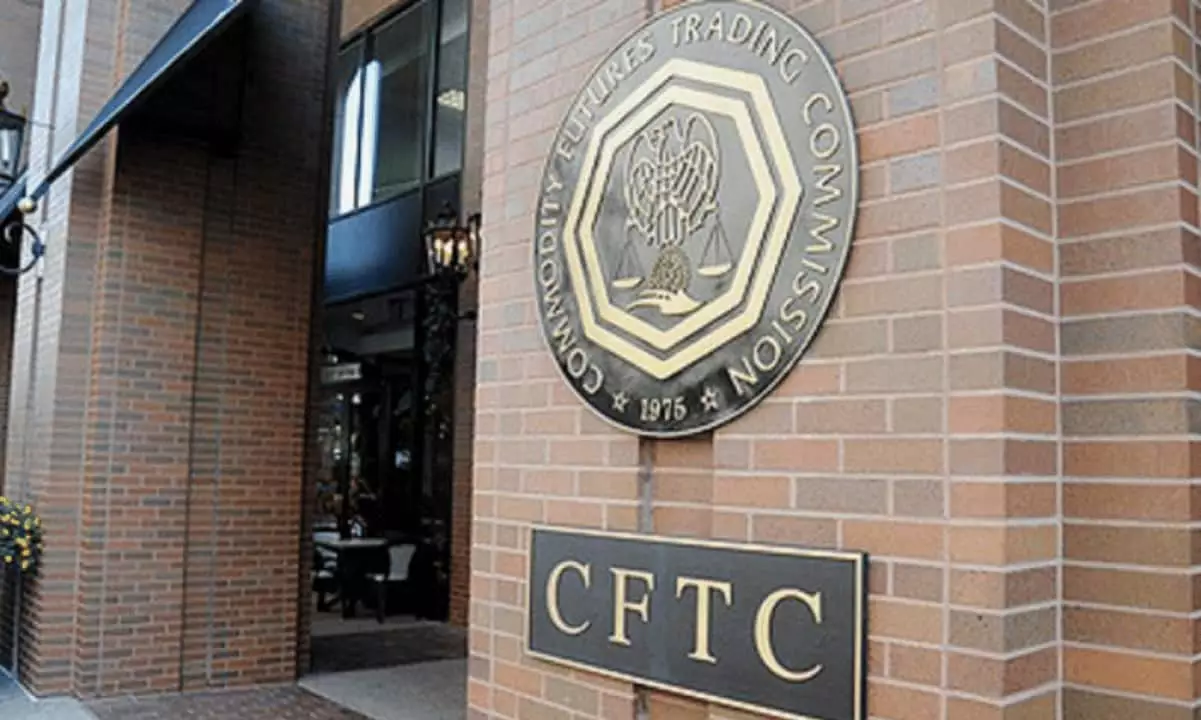Recently, the Commodity Futures Trading Commission (CFTC) announced that a crypto whistleblower had been awarded over $1 million for providing crucial information. This information enabled the CFTC to take enforcement action against improper trading activities in the digital asset markets. The CFTC’s Director of Enforcement, Ian McGinley, emphasized the importance of identifying unlawful conduct in the digital asset marketplace, especially as more and more everyday Americans fall victim to digital asset scams.
McGinley highlighted that digital asset cases have become a major focus for the CFTC, with almost half of the agency’s enforcement actions in the last fiscal year related to digital assets. Additionally, a significant number of whistleblower tips received by the agency were connected to digital assets. This underscores the critical role whistleblowers play in helping regulatory agencies like the CFTC uncover fraud and misconduct in the financial markets.
The CFTC’s Whistleblower Program, established under the Dodd-Frank Wall Street Reform and Consumer Protection Act of 2010, has been instrumental in incentivizing insiders to report misconduct. Since its inception, the program has issued awards totaling approximately $380 million, tied to enforcement actions resulting in nearly $3.2 billion in monetary sanctions. Whistleblowers are eligible to receive between 10 and 30% of the monetary sanctions collected as a result of their information, providing a strong incentive for individuals to come forward with credible and specific tips.
Under the Commodity Exchange Act (CEA), whistleblowers are afforded confidentiality protections to ensure their identities remain anonymous. The CEA does not disclose any information that could reasonably reveal a whistleblower’s identity, except in limited circumstances. This protection is crucial in encouraging individuals to report wrongdoing without fear of retaliation or exposure.
It is important to note that all whistleblower awards are paid from the CFTC’s Customer Protection Fund, which is solely funded by monetary sanctions paid by CEA violators. This means that injured customers are not financially burdened to support the whistleblower program. By utilizing funds generated from those who violate financial regulations, the program can continue to incentivize whistleblowers to come forward with valuable information to combat financial misconduct.
Whistleblowers play a vital role in regulating the digital asset markets and holding wrongdoers accountable. The recent recognition of a crypto whistleblower by the CFTC highlights the importance of individuals stepping forward to report misconduct, ultimately contributing to a more transparent and compliant financial landscape.


Leave a Reply